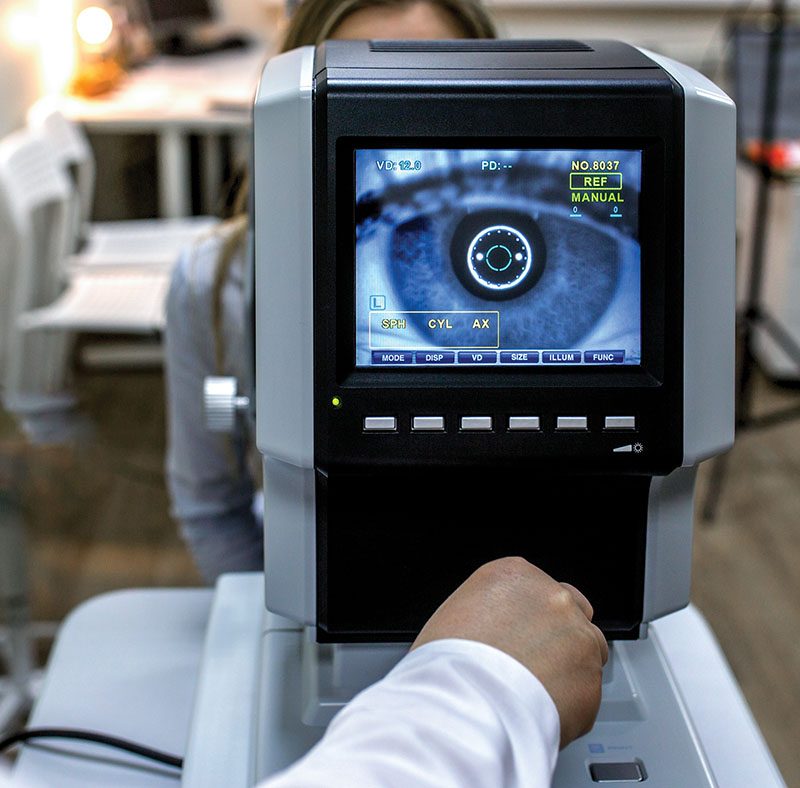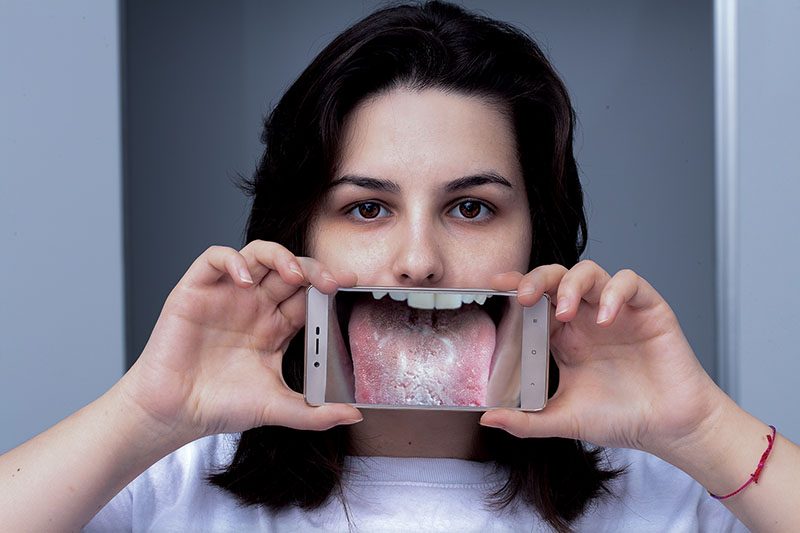DAN® medics and researchers answer your dive medicine questions.
Q : Je souffre d'une spondylarthrite axiale non radiographique et j'espère que le fait d'aller sous l'eau soulagera mes douleurs articulaires. Je prends du Celebrex au besoin, et mes récents tests d'effort et de fonction pulmonaire sont revenus normaux. Est-ce que je peux plonger en toute sécurité avec mon état de santé ?
A : Nonradiographic axial spondyloarthritis (nr-axSpA) is not well understood in rheumatology. The symptoms vary in each person, so doctors must evaluate everyone individually. Back pain is often the first sign of the disease and may be problematic for diving. Divers carry between 40 and 50 pounds (18 to 23 kilos) of weight, including gear and cylinders.
Divers should be able to don and doff their gear unassisted, move around on rocking boats, perform shore entry and egress (often under challenging conditions), and climb dive ladders with gear on. Any of those scenarios could potentially exacerbate your symptoms. Although the shoulders bear much of the gear weight, it can also transfer to your back and hips. You should also consider if the condition is affecting your other joints, which often occurs with nr-axSpA.
Your effort to relieve joint pain involves achieving neutral buoyancy, but that requires some physical exertion. Additionally, nr-axSpa often progresses into ankylosing spondylitis with inflammation where tendons, ligaments, or joint capsules enter the bone, which can lead to spinal fusion and reduced mobility. It can take years for the disease to progress that far, or it may never progress, but it is still a consideration.
Votre médecin doit également prendre en compte d'autres symptômes tels que les plaques de psoriasis, les troubles gastro-intestinaux et les inflammations oculaires qui sont souvent associés à la spondylarthrite lorsqu'il détermine votre aptitude médicale à la plongée.
Guidelines for diving may exceed the exertion required for land-based sports. DAN can provide those guidelines to help you and your physician make an informed decision about your fitness to dive.
The most crucial factor is your ability to handle diving’s physical demands. If the medication manages the disease and your physician considers the condition well-controlled, diving may not be an issue. Experiencing side effects — such as dizziness, nausea, vomiting, or abdominal pain — is reason enough not to dive. Pain should be controlled so it won’t confuse the presence of pain-only decompression sickness (DCS), should it occur.
Anything that compromises your safety is an absolute contraindication for diving. Since this condition involves inflammation, it is important to understand that dive medicine experts believe inflammation plays a significant role in the pathophysiology of decompression illness. We don’t know if someone with an underlying inflammatory condition has a significantly higher risk of DCS. If you decide to dive, it would be prudent to be conservative.
— Lana P. Sorrell, MBA, EMT, DMT
Q: I have Holmes-Adie syndrome and have had a CT scan, an MRI, and visits to an optometrist and ophthalmologist. My pupils are different sizes, and the tendons behind them don’t respond, so they do not contract as they should in sunlight. Can I dive, or will diving make it worse?

A : The primary manifestation of the neurological disorder Holmes-Adie syndrome is unequal pupil size resulting from the eyes’ slow reaction to direct light. Potential causes vary, but many cases result from inflammation or damage to the nerves that carry the signals that help control the body’s involuntary functions, such as the pupil’s response to stimuli.
Les symptômes les plus courants sont une vision floue, des pupilles inégales, une photophobie (sensibilité à la lumière vive), des maux de tête, des douleurs faciales et un ralentissement des réflexes tendineux. Certains de ces symptômes peuvent imiter ceux du SCD et peuvent rendre difficile l'évaluation par un médecin d'un problème que vous rencontrez lors de la plongée. Envisagez d'obtenir une note, une image ou une description de votre médecin qui documente votre état de santé actuel et la présentation des symptômes de base. Gardez cette note avec vous pour la présenter au personnel médical en cas de suspicion de SCD.
The fluid-filled eyeball attains ambient pressure with no volume change, so pressure increases at depth aren’t a concern, but seeing clearly before, during, and after diving is important. If your syndrome affects your vision, you may be unable to read gauges or properly respond to a situation requiring urgent attention. Divers should be able to read a compass and pressure, depth, dive time, and decompression gauges and instruments. Your vision needs to be clear to locate and navigate entry and exit points and see and recognize your buddy.
Avant de plonger, demandez à votre médecin traitant d'évaluer votre aptitude à la plongée. Votre équipe médicale doit évaluer si votre état est bénin et, si nécessaire, écarter toute une série d'affections graves qui pourraient en être la cause. DAN peut consulter vos médecins et les aider à mieux comprendre vos besoins en matière de plongée.
— Anne Strysniewicz, AEMT, DMT
Q: I recently returned from a liveaboard trip to Turks and Caicos, where I did three dives every day for one week. My mouth began to hurt during the final two days. I assumed it was related to holding the regulator for so many hours underwater. Since I returned home, however, I’ve developed a case of oral thrush. I saw my primary care physician and am now using antifungal medication. Can oral thrush be associated with diving?

A : Ces infections peuvent toucher n'importe qui, et leur cause (le champignon Candida albicans) est omniprésent. Dans des circonstances normales, notre système immunitaire et notre flore normale le tiennent à distance en s'efforçant de repousser les organismes envahisseurs nuisibles. Lorsque notre système immunitaire s'affaiblit en raison de l'âge ou d'une autre cause, ou lorsque nous éliminons notre flore normale, ce germe peut devenir un agent pathogène opportuniste et provoquer une infection.
Des appareils dentaires mal adaptés, tels que les prothèses, ont également été associés à cette affection. L'utilisation prolongée d'une gouttière mal ajustée pourrait avoir eu un impact dans votre cas.
The fungus is everywhere — including in our skin, mouth, and digestive tract — so it may be difficult to establish a cause-and-effect relationship between your recent dive history and the oral thrush. Your physician should be able to assist you and rule out a weakened immune system as a cause. Once the condition clears and you are no longer taking medication to treat it, and if no uncorrected underlying cause exists, your physician’s review should establish a plan for your return to diving.
— Shannon Sunset, NCPT, NREMT
© Alert Diver - Q1 2023